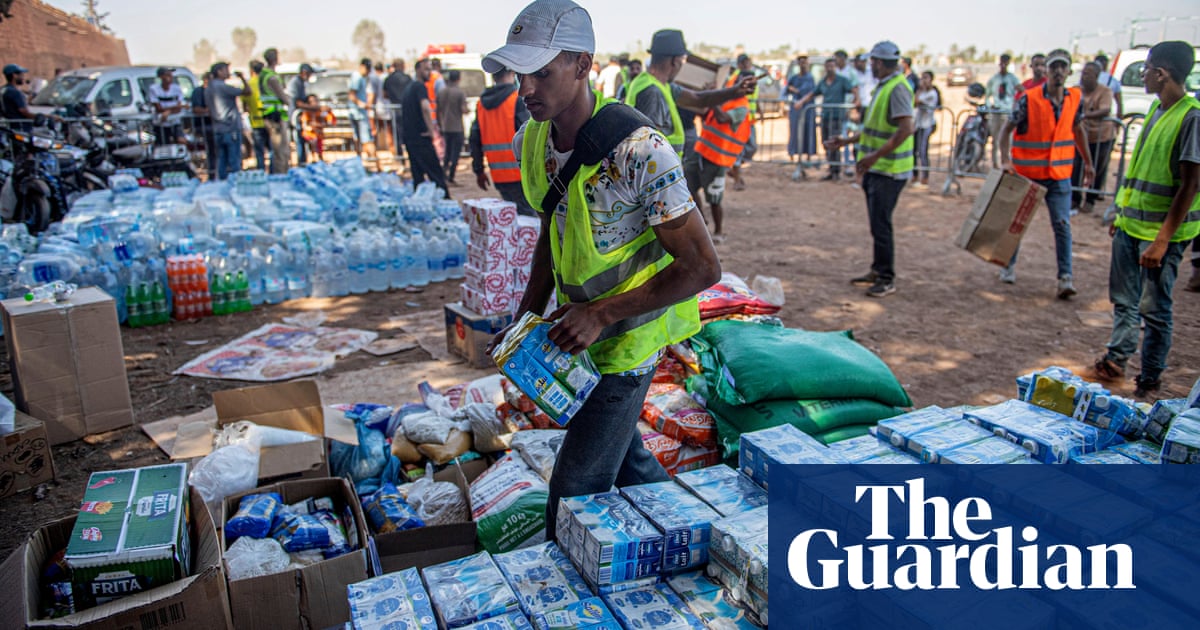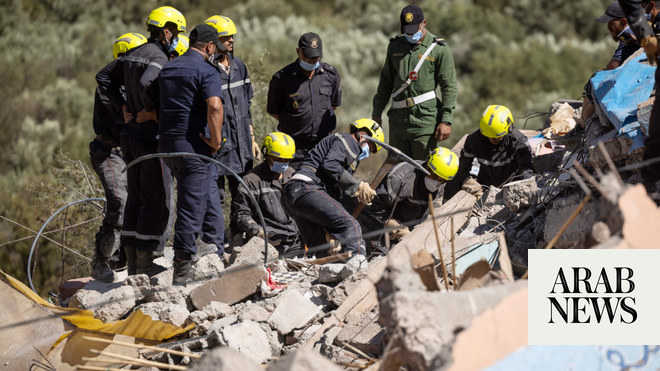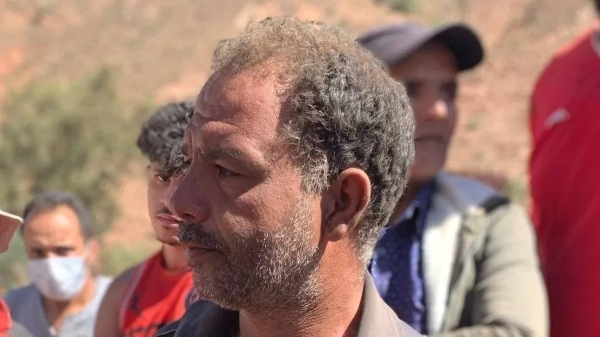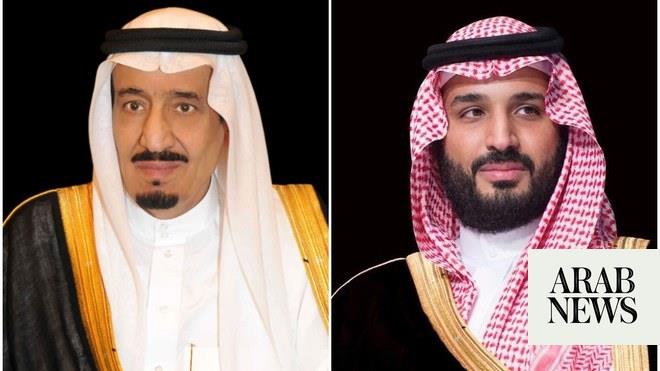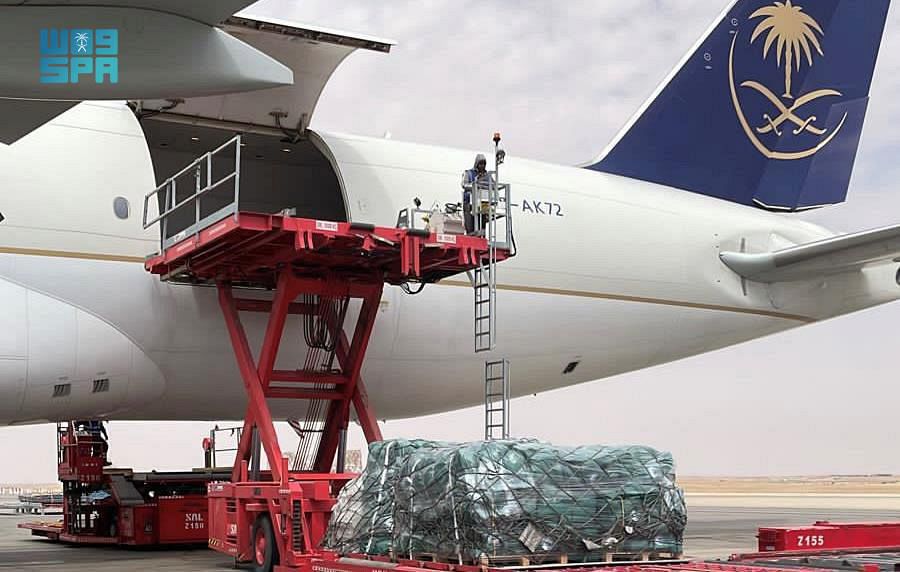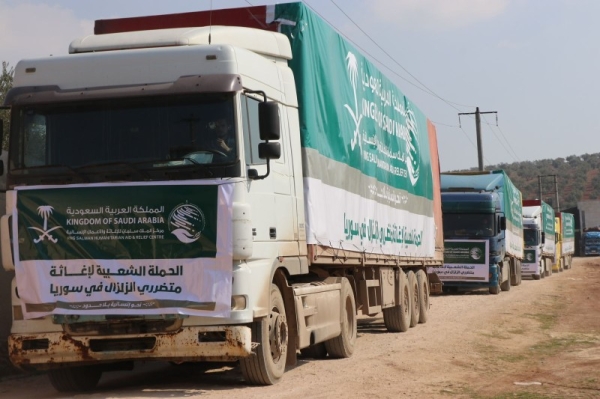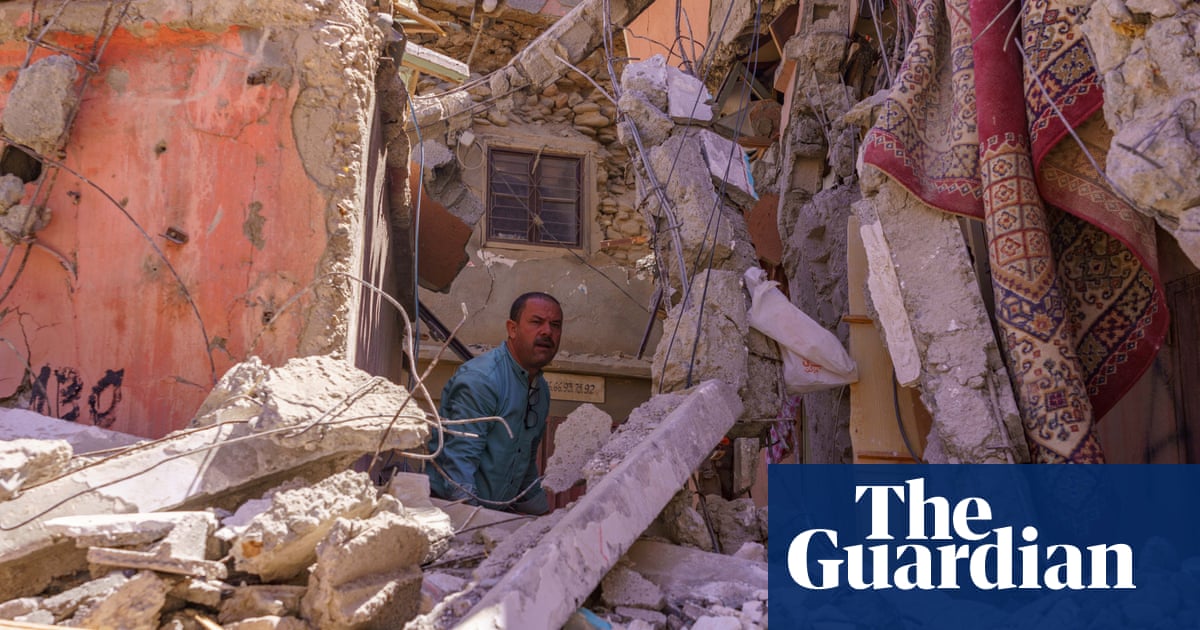
France’s foreign minister has said it is up to Morocco whether to seek French aid in dealing with its deadliest earthquake in more than six decades, and France is ready to help if asked.
Catherine Colonna said France had pledged €5m (£4.3m) to aid organisations in the north African country, where at least 2,500 people are believed to have died and a further 2,400 have been injured, but it was for Morocco to decide who it officially asked for assistance.
Diplomatic relations between Paris and Rabat have been glacial for years and Morocco’s decision to accept help from just four countries – the UK, Spain, Qatar and the United Arab Emirates – is seen as indicative of not just a political rift but personal rancour between President Emmanuel Macron and King Mohammed VI.
Colonna told BFM TV: “This is an inappropriate controversy … people are suffering, people need help. We are ready to help Morocco. It is a sovereign decision and Morocco alone is entitled to determine what its needs are.”
The €5m aid will go to NGOs already active in the disaster zone.
Since the magnitude 7 earthquake struck overnight on Friday to Saturday, Macron has indicated several times France’s willingness to send aid to Morocco. There has been no official response.
Morocco has previously accused Macron of prioritising good relations with Algeria over those with Rabat.
Middle Eastern analysts have claimed Macron is “obsessed” with improving ties with Algeria, its former colony, and is prepared to sacrifice good relations with Morocco to that end.
A particular subject of contention is what Rabat deems France’s lack of support for its sovereignty claim over the western Sahara, a national cause in Morocco. Algeria supports the Polisario Front, a group seeking independence for the desert area.
In 2017, Macron broke with tradition by making Morocco, a former French protectorate, and not Algeria his first north African state visit as president. But relations have cooled since.
In 2021, a so-called visas war erupted after France said it would restrict visas for Moroccans, Algerians and Tunisians unless the countries agreed to take back migrants, viewed as a deliberate humiliation.
The same year, Paris accused Rabat of trying to spy on Macron via his mobile phone after the number was discovered in Pegasus project data, an accusation the king rejected.
Relations deteriorated further this year when Rabat accused France of being behind a European parliament vote condemning the threat to press freedom in Morocco. Both countries have withdrawn their ambassadors.
In March, after Macron said his relationship with the king was “friendly”, Rabat responded that relations were “neither friendly nor good between the two governments or the royal palace and the Élysée”.
Volunteers from Nice, Lyon and Saint-Etienne flew to Morocco this weekend, but on Sunday the head of a French rescue charity said Moroccan authorities were preventing its teams, which were ready to provide emergency aid, from entering the country.
Arnaud Fraisse, the head of Secouristes sans Frontières, told the broadcaster France Inter that aid workers had hoped to get on a flight to Morocco on Sunday. “Unfortunately, we still don’t have the go-ahead from the Moroccan government,” he said.
France has more than 51,000 people living in Morocco, foreign ministry figures show. According to the Observatory for Immigration and Demographics, France has a Moroccan diaspora of about 1.5 million people, including 670,000 dual nationals.
The French interior minister, Gérald Darmanin, told France 2 on Monday that Morocco was a “brotherly” country and had the capability to cope alone with the rescue efforts.




